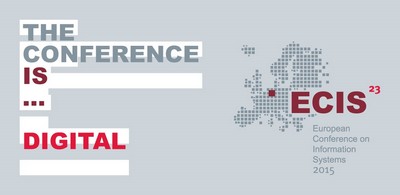DOI
10.18151/7217303
Abstract
Developments in information and communication technologies have been an enabler of enhanced, citizen focused services by governments around the world. Electronic Government, or E-Government, is widely regarded as a disruptor of traditional e-government service provision through greater citizen access, enhanced democracy, improved information quality, and a range of governmental efficiencies. Local government has been a key e-government focus for many nations due to the wide and varied interactions these governmental agencies have with citizens. A gap in the literature exists that monitors the development of local e-government, especially from the policy maker perspective, of This study presents the findings of a longitudinal study exploring the development of local e-government in New Zealand – from the policy makers’ perspective. All local and regional authorities in New Zealand were surveyed in 2000, 2004, and 2012 with the goal of understanding the key considerations associated with the development of e-government strategies and subsequent implementation of associated infrastructure. While local e-government development has been more incremental than transformational, there has been a trend towards greater consideration of citizen-focused issues including the likes of Consumer Confidence, Trust, Accessibility, The Digital Divide, Indigenous Peoples, Security, and Privacy. This offers a degree of reassurance that local authorities remain, and are indeed increasingly, focused on the provision of enhanced services to the communities they serve.
Recommended Citation
Dillon, Stuart; Deakins, Eric; Hofmann, Sara; Räckers, Michael; and Kohlborn, Thomas, "A Longitudinal Study of Local E-Government Development: The Policy Maker Perspective" (2015). ECIS 2015 Completed Research Papers. Paper 37.
ISBN 978-3-00-050284-2
https://aisel.aisnet.org/ecis2015_cr/37


